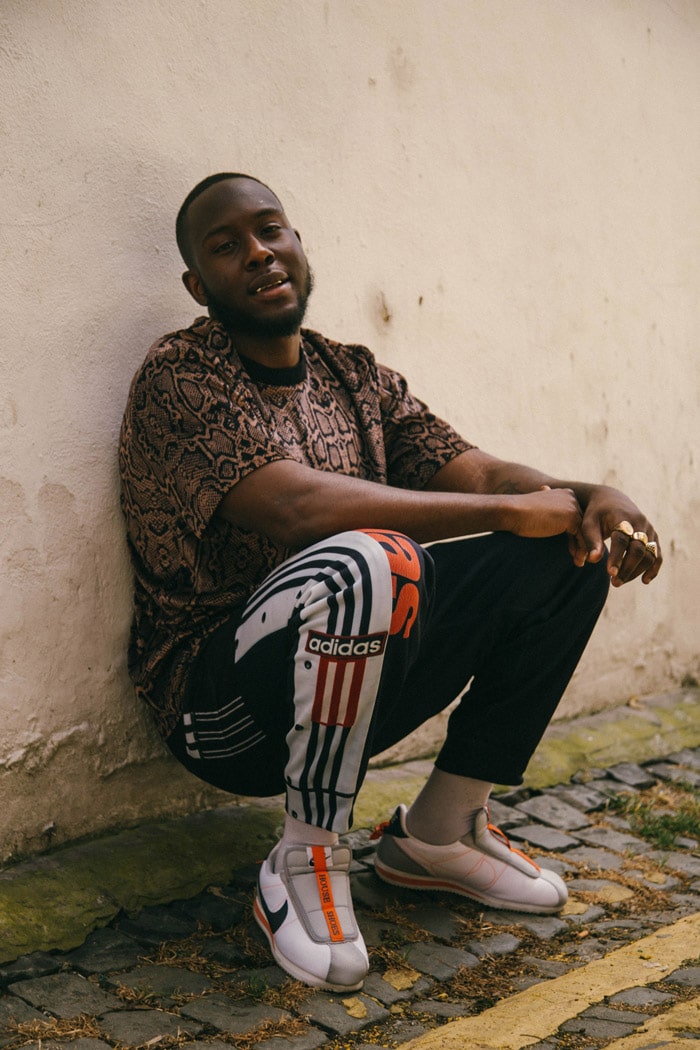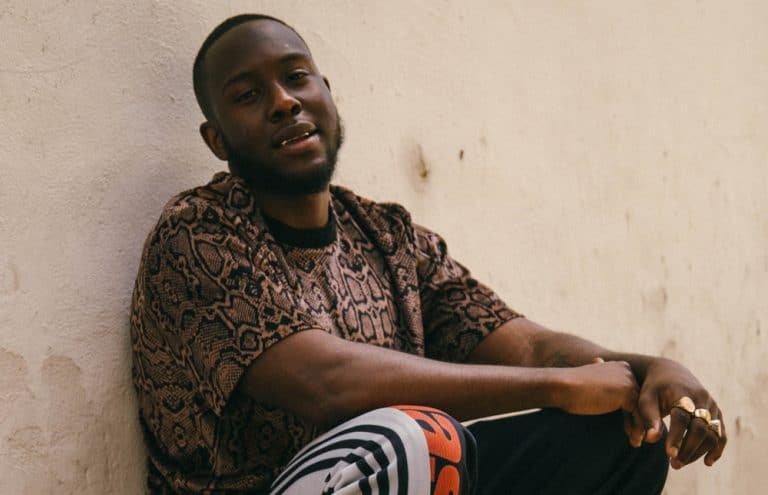Poet Caleb Femi on giving gen Z a voice with the ‘Life After Lockdown’ project
Following months in lockdown and the barrage of news on how the pandemic will affect young people’s future, poet Caleb Femi has partnered with the National Citizen Service (NCS) to launch Life After Lockdown, a visual statement aiming to reveal how ‘generation lockdown’ see their future post COVID-19.
With 75 per cent of gen Z feeling like they don’t have a voice in society, the poet crowd-sourced the opinions of young people across Britain, creating a poem that reflects the voices of this generation and brings this to life through a new short film told through moving image, photography and content submitted by NCS graduates.
Femi spoke to Screen Shot and talked us through his work on the project in some more detail. “Beyond the varying degrees of the terrible and delightful things we individually experienced during the lockdown, it’s safe to say that self-reflection was a moment that visited us all. Be it in the small of the night or the glow of a late-spring sunrise or the eerie silence of your high street underscored by chirping birds, we were met with stock-taking questions: who am I? What impact do I have on those around me, my friends, my family, my neighbours? What do I contribute to my community? And perhaps the most important question of them all: what does life after the lockdown look like?”

Femi further explained that these concerns were not only questions he wanted politicians, medical experts or financial analysts to answer: “The question is answered very much in the way one would solve a jigsaw puzzle. Tiny pieces are brought together to make up one large picture of the future. Each person in society contributes a piece to that puzzle. Often is the mistake made where young people’s responses are ignored resulting in holes in the picture of the future.”
For the poet and English teacher who had been named the first young people’s laureate for London in 2016, it is crucial for Britain to understand the importance of listening to the new generation: “After the devastation of COVID-19, it’s never been more important for us to listen to the young generation. They are bold and charged with optimism, resilience, empathy and imagination. Gone are the days where ‘children’ should be seen and not heard, no, not when they have innovative ideas, when they see things the older generations cannot. Let us listen to them as we plan for a better future for all of us.”
Having inspired the Life After Lockdown poem, we heard some more from those who have a lot to say about their future and want to be heard—the UK’s new generation.
Ellie, 17 from Worcester
“We need to keep sharing the new sense of community that my generation has found online, using social channels to do so. I also hope we continue sharing the positive voices of young people with the rest of society, especially since it’s our future that will be mostly impacted as a result of COVID-19, yet we’re the ones who are often forgotten.”
Lira, 19 from Leeds
“I want to be able go to the beach again, spend another moment laughing with loved ones face to face and just show them how much I really care for them. During lockdown, we created an online community and together, we created a virtual safe space where we could reach out to old friends, play quizzes, dance, joke and be real with one another. I hope this world will never be the same – but be better.”
Holly, 18 from Hampshire
“We need to continue this community atmosphere we’ve finally created. From all coming together to clap for the NHS, singing together from our front doors, to getting shopping or medication for those who can’t themselves, I really hope that we will always remember that despite being physically apart, we all came together as one supportive community.”
Ithill, 15 from Essex
“Lockdown has given teenagers the opportunity for self-discovery and allowed us to gain new skills we may not have accomplished before. For instance, I found myself loving baking during lockdown. It’s also helped us not take nature for granted. Seeing less litter in lakes and hardly trodden paths on daily walks has been a sight for sore eyes, as well as helping me realise how important it is for us all to help protect our environment after lockdown.”
Life After Lockdown is part of the wider NCS ‘No We Can’ campaign, which aims to give a voice to a generation ready to speak their mind, inciting independence and helping them turn a lifetime of being told they are ‘too young’ into a collective voice that tells the world what they can achieve—a message I wholeheartedly stand behind.
Who knows, looking at the coronavirus pandemic and the lockdown through a positive angle might be exactly what the new generation needs to feel listened to and secure enough to truly blossom.






